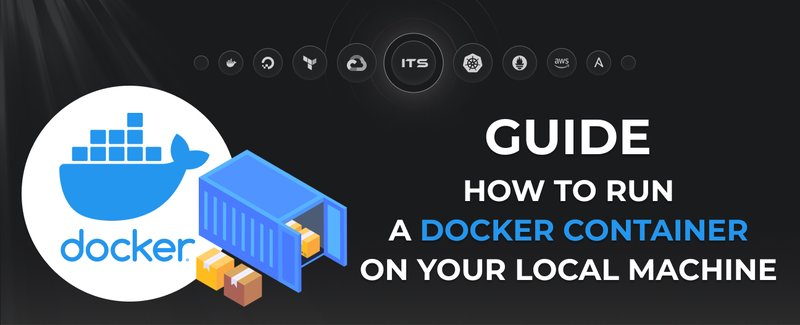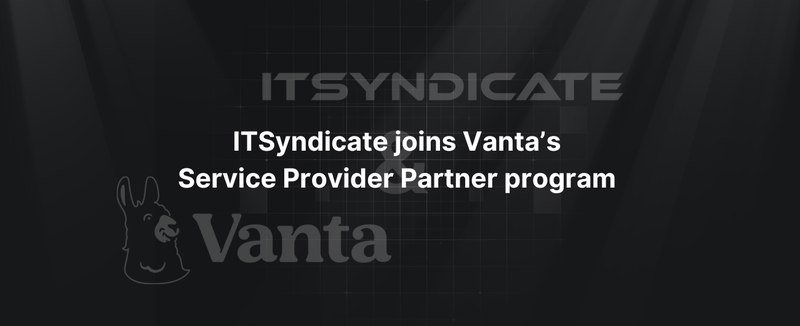Cloud technology is everywhere—streaming your favorite shows, safeguarding your precious photos, and ensuring online businesses run like clockwork. But have you ever stopped to wonder who makes all this possible? Meet the Cloud Architect, the unsung hero behind your digital life. These tech whizzes design, build, and manage cloud environments, ensuring they're so seamless you forget they're even there. Thanks to Cloud Architects, you can enjoy binge-watching and unlimited file storage without a hitch. They ensure your data is secure, your user experience is smooth, and everything scales beautifully during peak demand—like those crazy online sale days. In short, they're the reason you can enjoy the convenience of the cloud without worrying about the technicalities.
Who is a Cloud Architect?
Simply put, a cloud architect is like a building architect, only for your business in the cloud. They design how your cloud infrastructure should look and function. They make sure it is reliable, scalable, and secure.
He plans, designs, and even helps implement the project. For example, let's say your e-commerce site needs to be able to handle a surge in Black Friday sales, and you don't want to overpay your provider for resources you don't use after this spike. Cloud Architect will design and help implement your application so that the infrastructure can cope with all this stuff without failures and on time, and you, in turn, pay as little money as possible for it.
Required skills
Knowing cloud platforms like AWS is a must. But it's about multiple platforms; a good Cloud Architect must be platform-agnostic and familiar with alternatives like Azure and Google Cloud. Programming languages like Python, Go or Java often come into play—whether it's scripting automated tasks or debugging.
Understanding networking is equally important; we're talking about IP protocols, DNS, load balancing, and all that good stuff. And don't get me started on database management—SQL, NoSQL, they've got to know how to handle data storage and retrieval.
It's also a huge plus if he's versed in DevOps principles and tools—think CI/CD pipelines, configuration management, and infrastructure as code—since these often overlap in real-world projects.

Average salary in America
Cloud Architects are among the heavy hitters in the tech world when it comes to salary. On average, they can earn between $130,000 and $150,000 annually in the United States. The top percentile, especially those with specialized certifications or expertise in high-demand areas, can even pull in salaries below $200,000. While the hefty pay reflects the critical role they play, it also means that hiring a full-time Cloud Architect can be quite a financial commitment for any organization.
That's where services like ITSyndicate come in. We offer the expertise of seasoned Cloud Architects without the long-term salary obligations. With us, you get flexibility, a team of experts at your beck and call, and the latest industry knowledge—all without breaking the bank.
Unlock the power of cloud architecture with ITSyndicate
So, there you have it—the life and times of a Cloud Architect. From crafting your cloud environment's blueprint to ensuring everything's shipshape and Bristol fashion, these pros are the backbone of any robust cloud strategy. They're fluent in programming languages, network configurations, and database management, and they juggle a variety of tools to make your cloud experience seamless.
Are you in the market for such versatile, top-notch talent? Look no further because we at ITSyndicate have got you covered. We offer not only individual specialists but a whole spectrum of cloud experiences. With us, you get the complete package—a dedicated team that knows the ins and outs of cloud architecture. So why settle for anything less?
Stay tuned for our next article, where we'll dive into another vital role that could revolutionize your business: DevOps.
Docker commands and Dockerfile usage for running containers on a local machine
Docker commands and Dockerfile usage for running containers on a local machine
Netflix tech stack for powering streaming backend and cloud solutions





